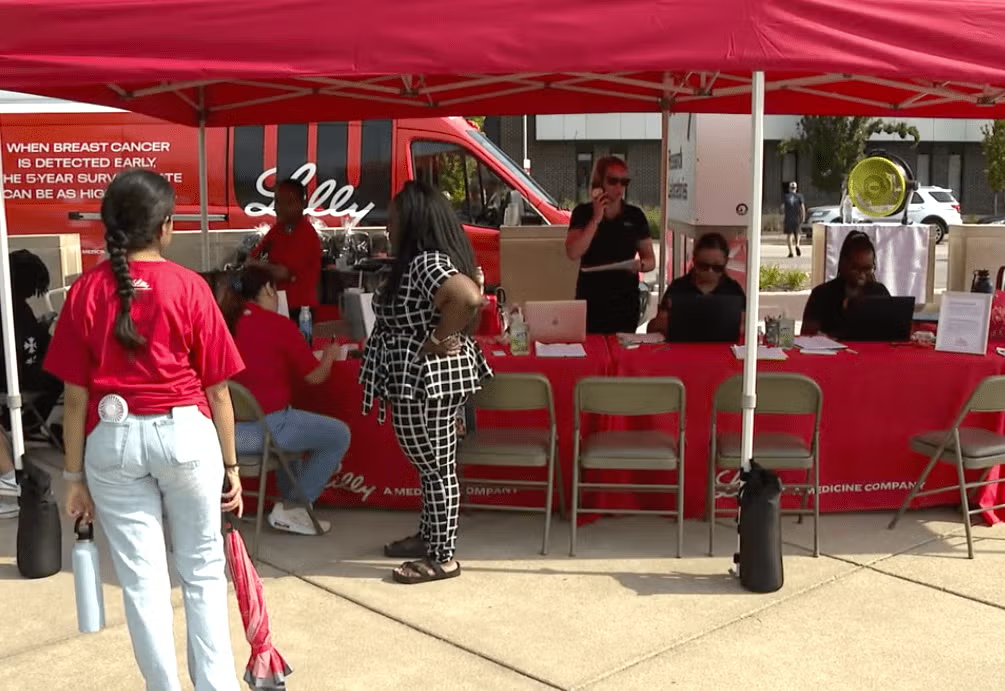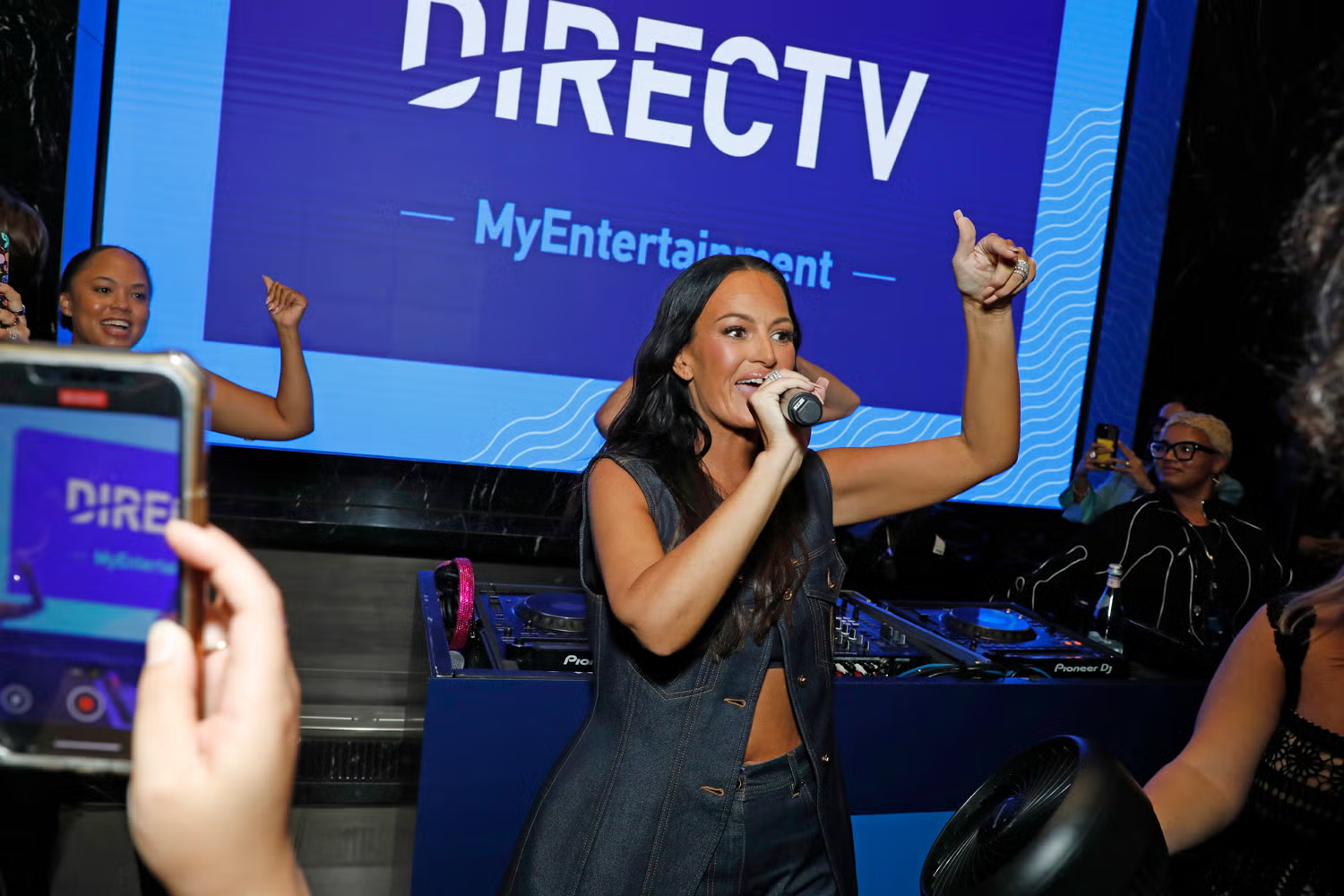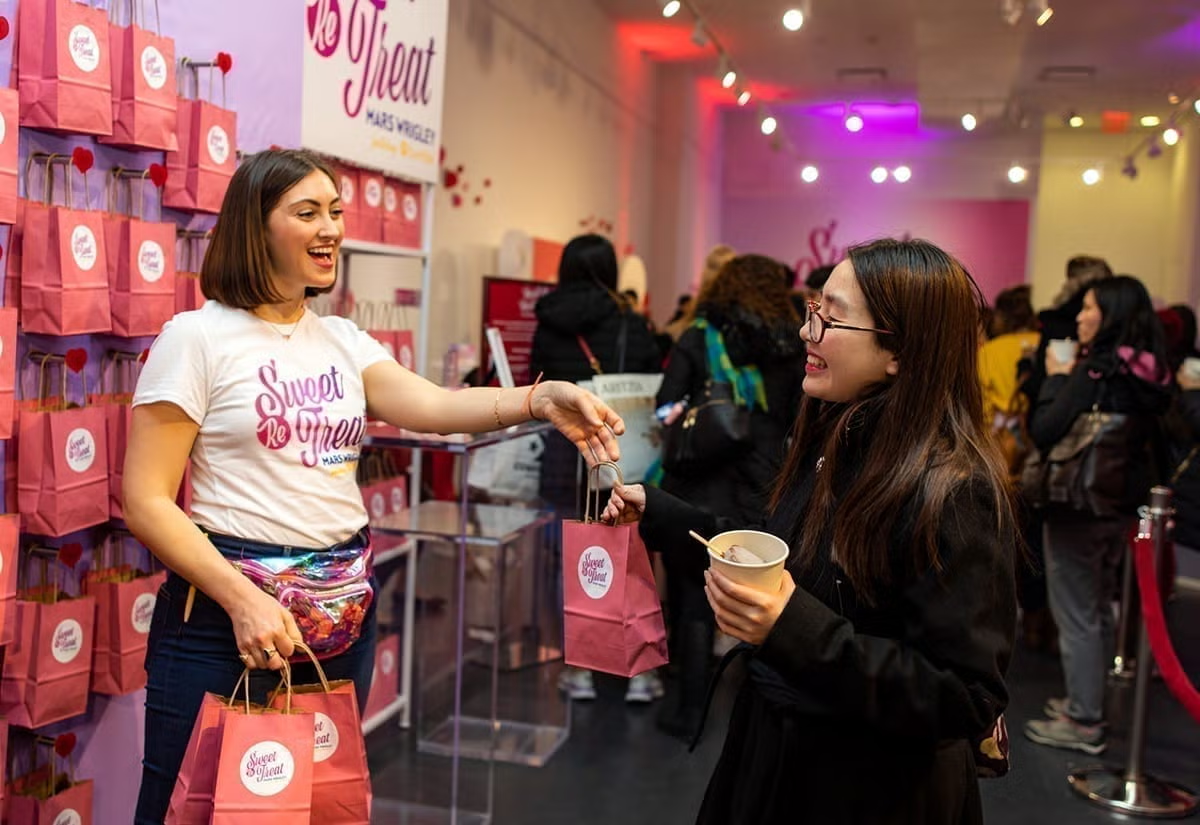The intersection of professional sports and healthcare reveals a formidable channel for advancing public well-being. By aligning with the WNBA, Eli Lilly affirms that health equity must occupy the forefront of national dialogue, no longer relegated to the periphery.
The WNBA has consistently transcended the bounds of competition. It has emerged as a cultural vanguard, championing racial justice, gender parity, and broader social progress. Its audience, both informed and civically engaged, forms a receptive foundation for impactful messages of health access and awareness.
Eli Lilly, long esteemed for pharmaceutical innovation, has broadened its mission beyond science and manufacturing. Through initiatives focused on prevention, accessibility, and education, the company positions itself as both a pioneer and custodian of community health.
Women remain disproportionately affected by systemic barriers to medical care. Delays in diagnosis, inequitable access, and gaps in representation within research underscore the need for deliberate advocacy. By centering women’s health through this partnership, Eli Lilly brings overdue attention to conditions too often overlooked.
Preventive care is still distributed unevenly, often dictated by socioeconomic circumstance. For many women in underserved neighborhoods, routine screenings and early interventions remain elusive. This deficit heightens chronic disease risks and deepens the rift of health inequity.
Chronic illness weighs heavily on both athletes and their supporters. Cardiovascular disease, autoimmune disorders, and diabetes are not confined by status or circumstance. Their pervasiveness underscores the critical importance of ensuring care that is accessible and equitable.
Diabetes, in particular, poses a mounting national challenge. Women face distinct hurdles in management, shaped by pregnancy, hormonal shifts, and broader life cycles. By prioritizing diabetes education and outreach, Eli Lilly and the WNBA establish a framework rooted in empowerment and prevention.
Mental health demands equal urgency. Anxiety, depression, and the strain of performance pressures shadow the lives of both elite athletes and everyday women. Expanding access to resources while eroding stigma fortifies individuals and strengthens entire communities.
Sports remain unrivaled in their capacity to magnify public messages. Through the WNBA’s visibility, vital health campaigns gain cultural relevance and widespread reach, ensuring advocacy extends beyond traditional channels.
The alliance illustrates the power of cross-sector collaboration. Eli Lilly’s partnership with the WNBA demonstrates how corporate influence and athletic platforms can merge to deliver programs that are both far-reaching and deeply consequential.
Yet progress cannot depend on broad campaigns alone. True impact requires grassroots engagement—clinics, neighborhood initiatives, and local partnerships—to embed resources where they are most urgently needed.
Health literacy continues to be a formidable barrier. Technical medical language often alienates the very populations it seeks to help. By providing clear, accessible education without sacrificing precision, Eli Lilly equips individuals to make decisions that safeguard their health.
The stigma surrounding chronic illness remains corrosive. Fear of judgment prevents many from seeking treatment early. By addressing these realities openly through WNBA platforms, the partnership reframes illness as a shared human experience rather than a hidden struggle.
Digital content, live activations, and athlete-driven storytelling extend reach far beyond the court. These strategies inspire tangible action, encouraging audiences to pursue screenings, adopt preventive care, and advocate for their health.
Underserved communities sit at the heart of this initiative. Directing resources toward those most excluded from quality healthcare affirms a commitment to equity, ensuring that progress does not bypass those in greatest need.
Athletes stand as trusted messengers within this effort. Their authenticity and lived experiences break down skepticism, translating institutional objectives into personal, relatable appeals that galvanize public trust.
Personal stories deepen the impact of health education. Narratives of survival and resilience transform impersonal statistics into meaningful realities, embedding knowledge through empathy and recognition.
Technology further widens access. From telehealth platforms to mobile health applications, innovation dismantles geographic and financial obstacles, extending Eli Lilly’s reach and reinforcing its mission of health empowerment.
Accountability is indispensable. The effectiveness of these programs must be measured by tangible outcomes: increased screenings, improved disease management, and heightened awareness. Such metrics provide transparency and guide continual refinement.
The implications extend far into the future. This collaboration establishes a blueprint for how sports organizations and healthcare leaders can unite to drive systemic change, embedding health advocacy into cultural institutions.
At the crossroads of healthcare and athletics lies a transformative alliance. Eli Lilly’s partnership with the WNBA proves that access, awareness, and advocacy are not optional, but necessary. Together, they reshape arenas into catalysts of empowerment, advancing health equity for generations yet to come.















